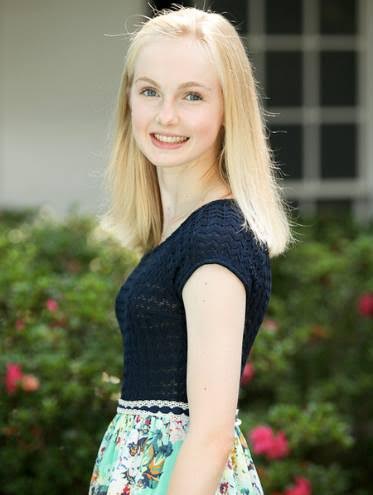Topic Tuesday: Vulnerability
 “Owning Your Story” (By: Emily Grinstead)
“Owning Your Story” (By: Emily Grinstead)
When I think about storytelling, my mind jumps to childhood bedtime stories. Warm and fuzzy narratives of princesses falling in love, or of the big, strong superhero saving the day once again. These are the stories that I like to remember, the ones we all cherish and pass down through the years. So it’s not surprising that I was a little shocked when I grasped that my story is one of obsession and struggle, sickness and denial, anger and tears; but hey, a story is a story, right? To be sure, life as an almost twenty-something has been significantly more good than bad, but it seems that the hard parts stick out the most. And for me, that has meant a five-year-long battle with anorexia and orthorexia.
Coming to college almost exactly a year ago, I was acutely aware of my eating disorder, but I thought that no one understood what it was like. I would continue recovery on my own and try to hide the fact that I had any issues with food or my body because I was finally healthy. Vanderbilt was a fresh start, and my old obsessive personality would stay back in Houston. Yeah, that didn’t exactly happen. Nashville was comfortable in the sense that is resembled home: it was in the South, it was full of church options, it was warm-weathered. But the true comfort didn’t come in the form of country music or Southern food, and as much as I wanted to leave my ED history behind me, things rarely work out how you plan them…
My closest and most meaningful relationships have been born out of pure vulnerability. Getting to know someone through human-to-human, face-to-face, heart-to-heart conversations is unlike any other kind of interaction. I kid you not, grabbing coffee and ‘just talking’ is probably my favorite social activity. When two people simply sit down and gift each other their time, anything can happen. Words have the power to connect and to heal. This is especially true when stories of unimaginable pain are revealed; terrifyingly intimate accounts lead to raw understanding and compassion. The people I’ve met through sharing stories of eating disorder (and other) struggles have impacted me the most. True friends are the ones who really listen and make you feel totally accepted and loved. They meet you where you’re at and push you beyond society’s default, cookie-cutter scripts and “I’m fine” kind of communication.
We shouldn’t be ashamed of our stories, and we don’t need to hide the messy parts, because–let’s be honest–real life is pretty darn messy. I encourage you, if you haven’t already, to reflect on your struggles and share your story. It doesn’t have to a happy ending (yet), and all of the pieces don’t have to make sense, but it will be authentic, and that’s what matters. Open up to people you trust, and then, when you’re ready, take a risk and share your story with those who really need to hear it, but may not know it yet.
We may not be princesses and superheroes, but we are recovery warriors, and we all have a story to tell. Go out and own yours.
About the Author
Emily is a sophomore at Vanderbilt University majoring in Medicine, Health and Society (and possibly English!). She loves Jesus, journaling, brunch foods, and all things Christmas and Disney. Houston, TX is her proud home, but she is slowly becoming a converted Nashvillian. She hopes to attend medical school and become an Adolescent Medicine physician, so that she can use her own experiences with anorexia and orthorexia to treat patients with eating disorders.


Comments are closed.